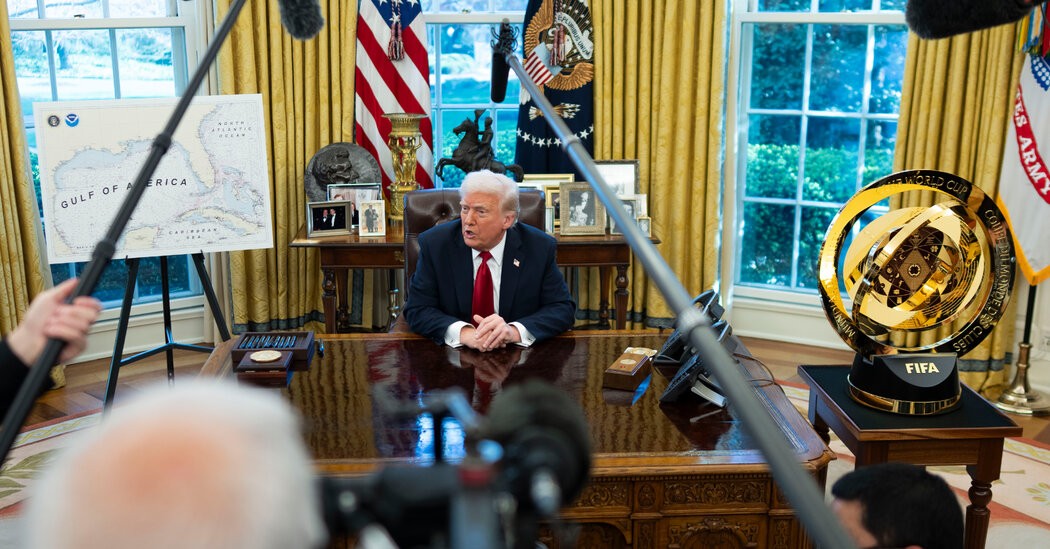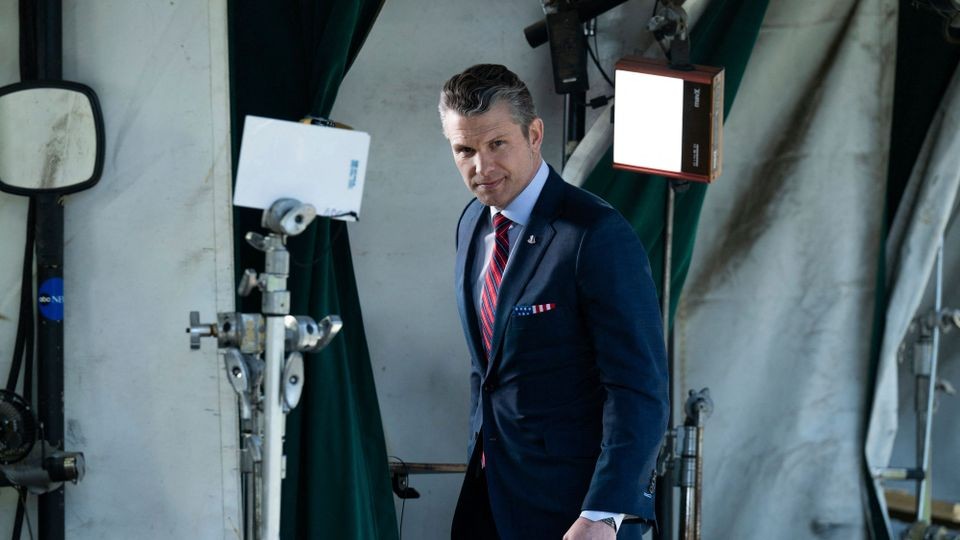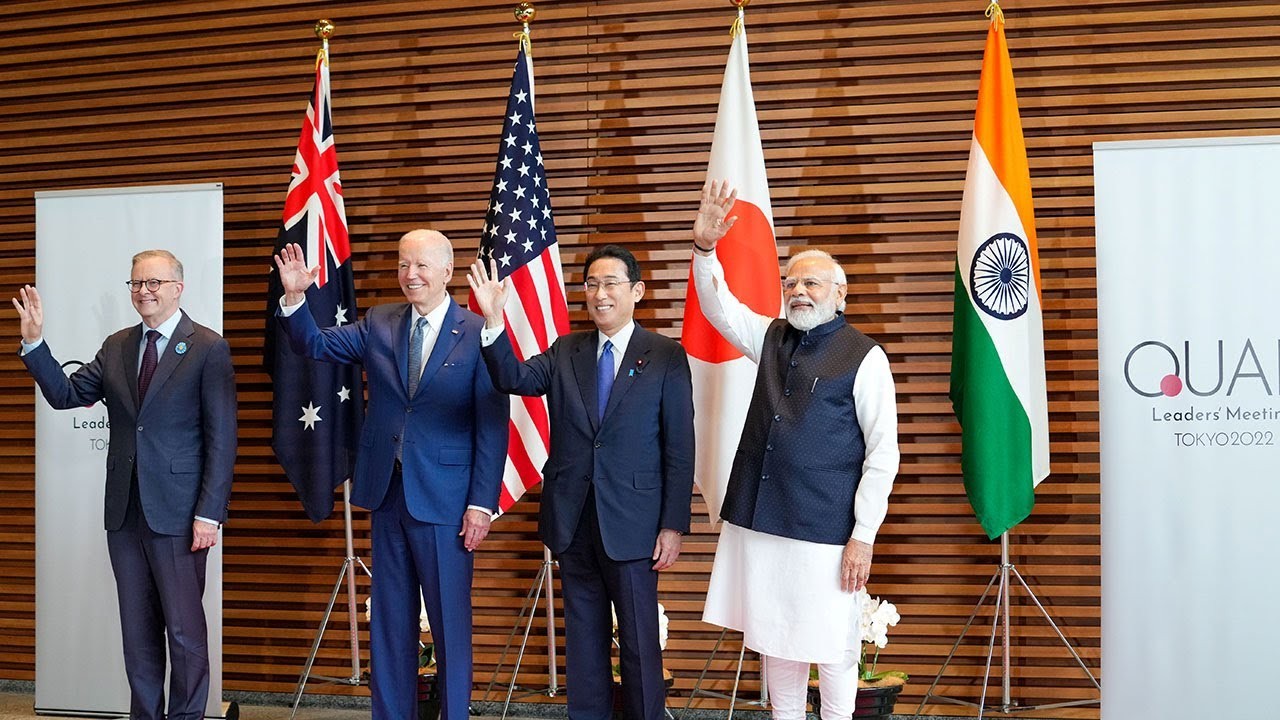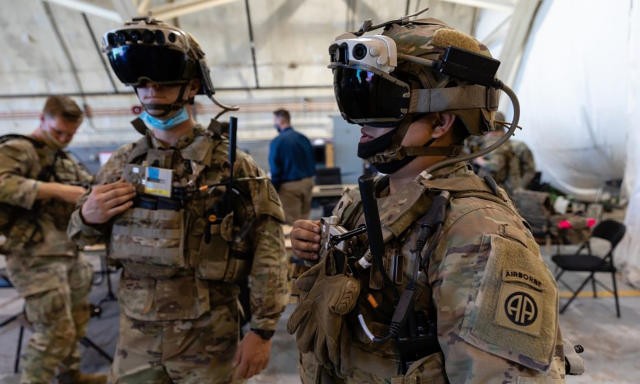U.S. Army Expands Enterprise Wickr Platform to Enhance Secure Military Communications
The U.S. Army is broadening access to its Enterprise Wickr encrypted messaging system to combat unauthorized app usage and strengthen military communications security. The expansion follows successful trials demonstrating enhanced integration capabilities between soldiers, foreign militaries, and partners in various mission scenarios.
Trump Dismisses Signal Chat Controversy as 'Witch Hunt,' Questions App's Security
Former President Trump downplays leaked military communications on Signal messaging app while suggesting potential platform defects. The incident has sparked bipartisan concern and calls for investigation after sensitive Yemen operation details were accidentally shared with a journalist.
Top U.S. Security Officials' Private Data Exposed in Major Privacy Breach
Personal information including phone numbers, emails and passwords of high-ranking national security officials has been found exposed online through public databases and leaks. The breach raises serious concerns about data protection and potential security risks for sensitive government operations.
U.S. Defense Research Projects Found Using Sanctioned Chinese Supercomputers
A shocking investigation reveals over 100 Pentagon and Department of Energy research projects utilized Chinese government supercomputers despite sanctions. The projects, conducted through U.S. national laboratories, raise concerns about technology transfer to China's military programs through regulatory loopholes.
Anduril Acquires Army's AR Headset Program, Aims to Create 'Technomancer' Warriors
Defense tech startup Anduril takes over Microsoft's troubled $22B military AR headset project, with founder Palmer Luckey envisioning sci-fi inspired battlefield technology. The IVAS system combines night vision, thermal imaging, and real-time data in an augmented reality display for soldiers.
Google Shifts AI Ethics Policy, Opens Door to Military Partnerships
Google has quietly removed key passages from its AI principles that previously banned development of potentially harmful AI applications, including weapons. This significant policy change positions the company for increased military collaboration, marking a departure from its original ethical stance.
Google Revamps AI Ethics Policy, Removes Restrictions on Military and Surveillance Applications
Google has significantly altered its AI ethics policy by removing previous restrictions on weapons development and surveillance uses. The shift marks a strategic change from its 2018 position, reflecting increased focus on government collaboration and national security interests while raising concerns among employees.






